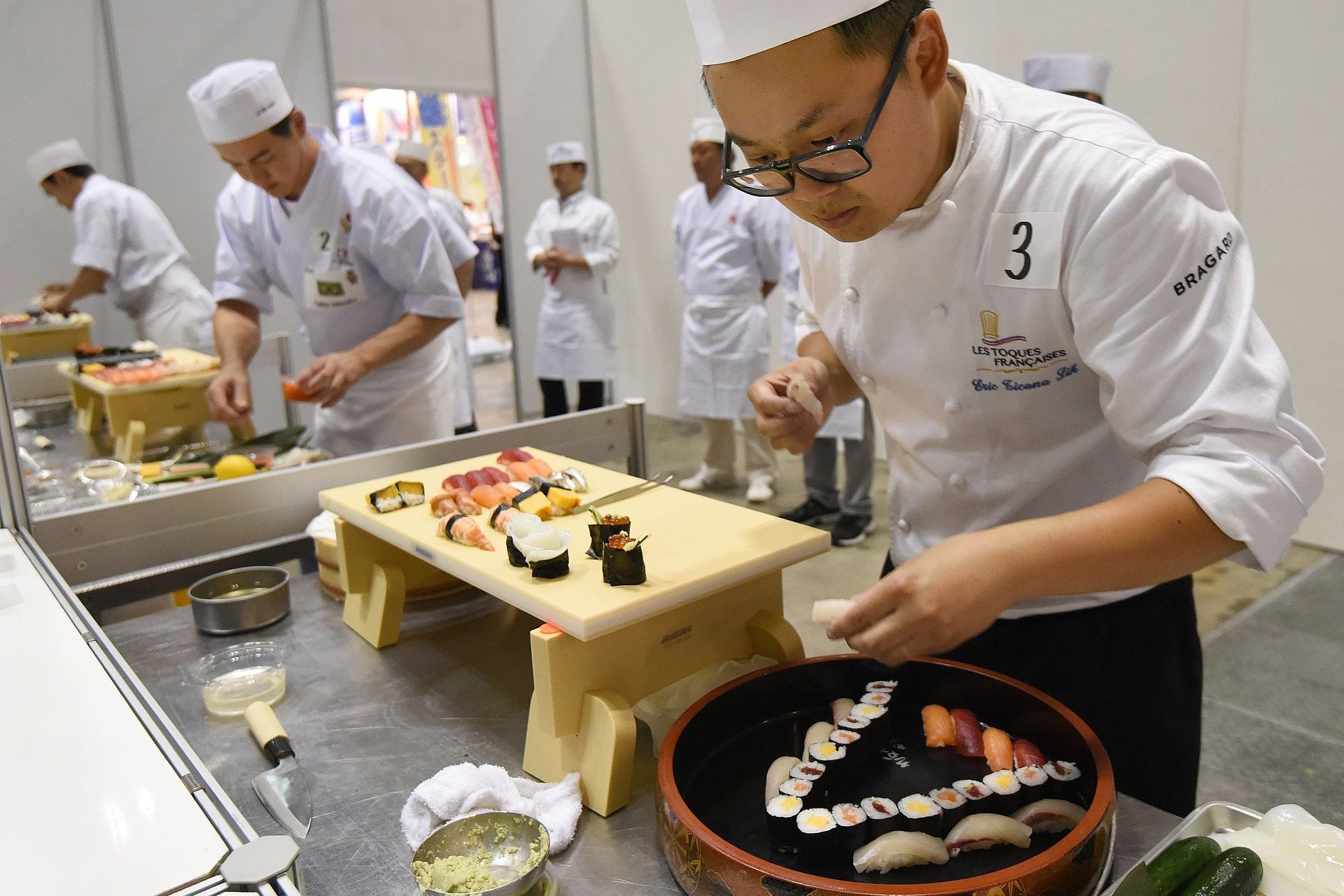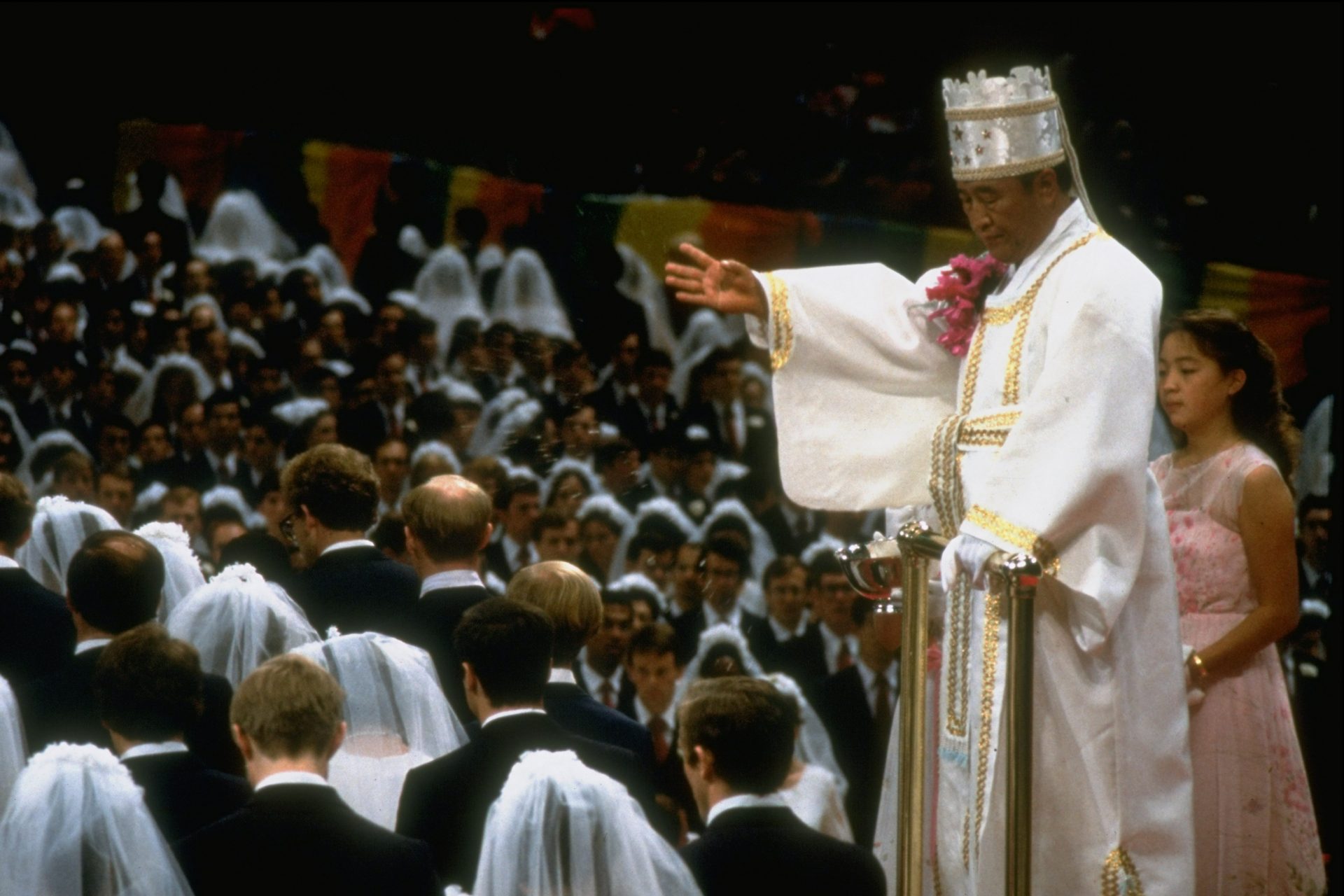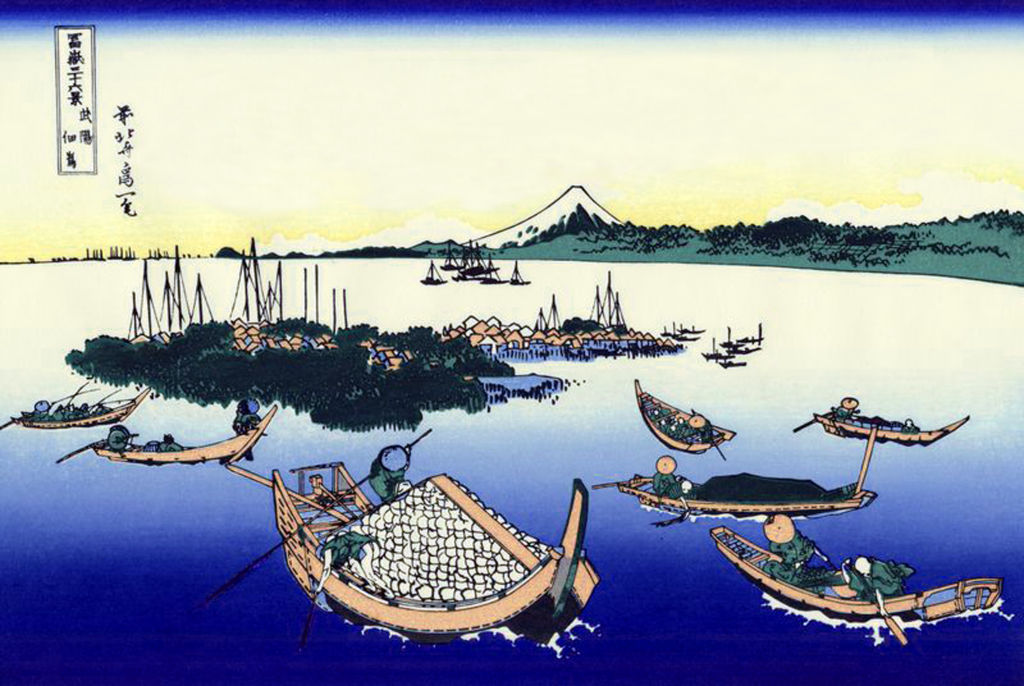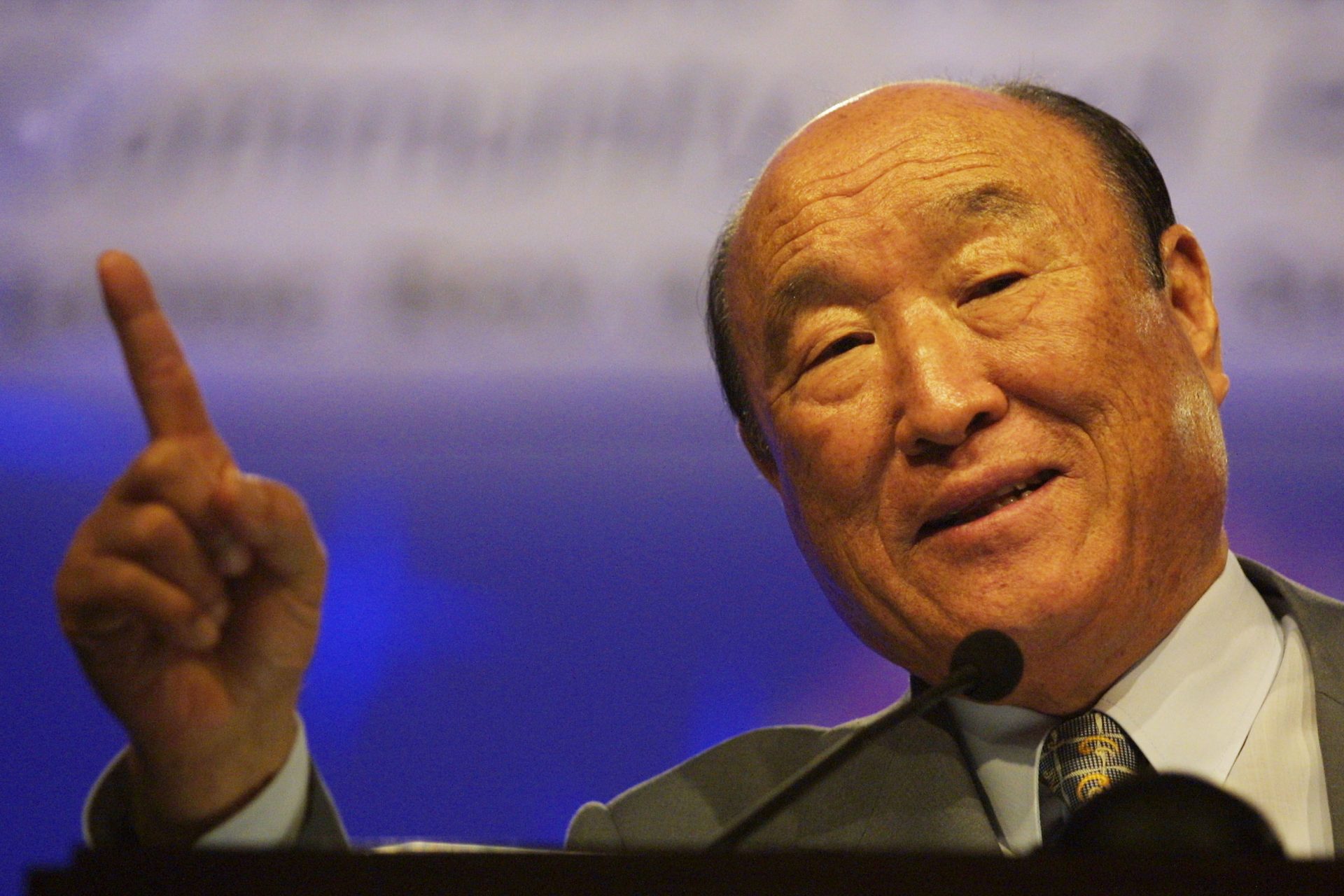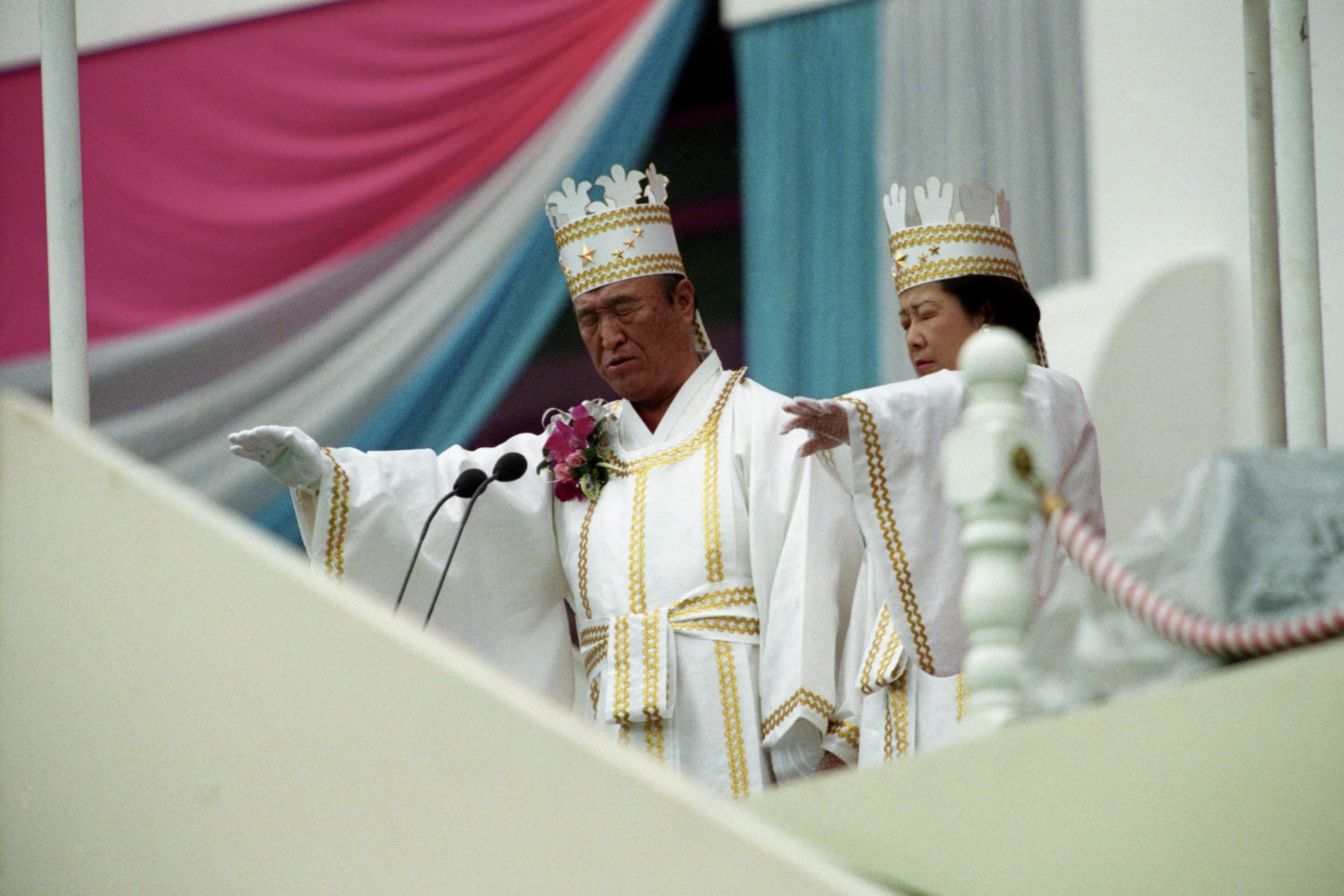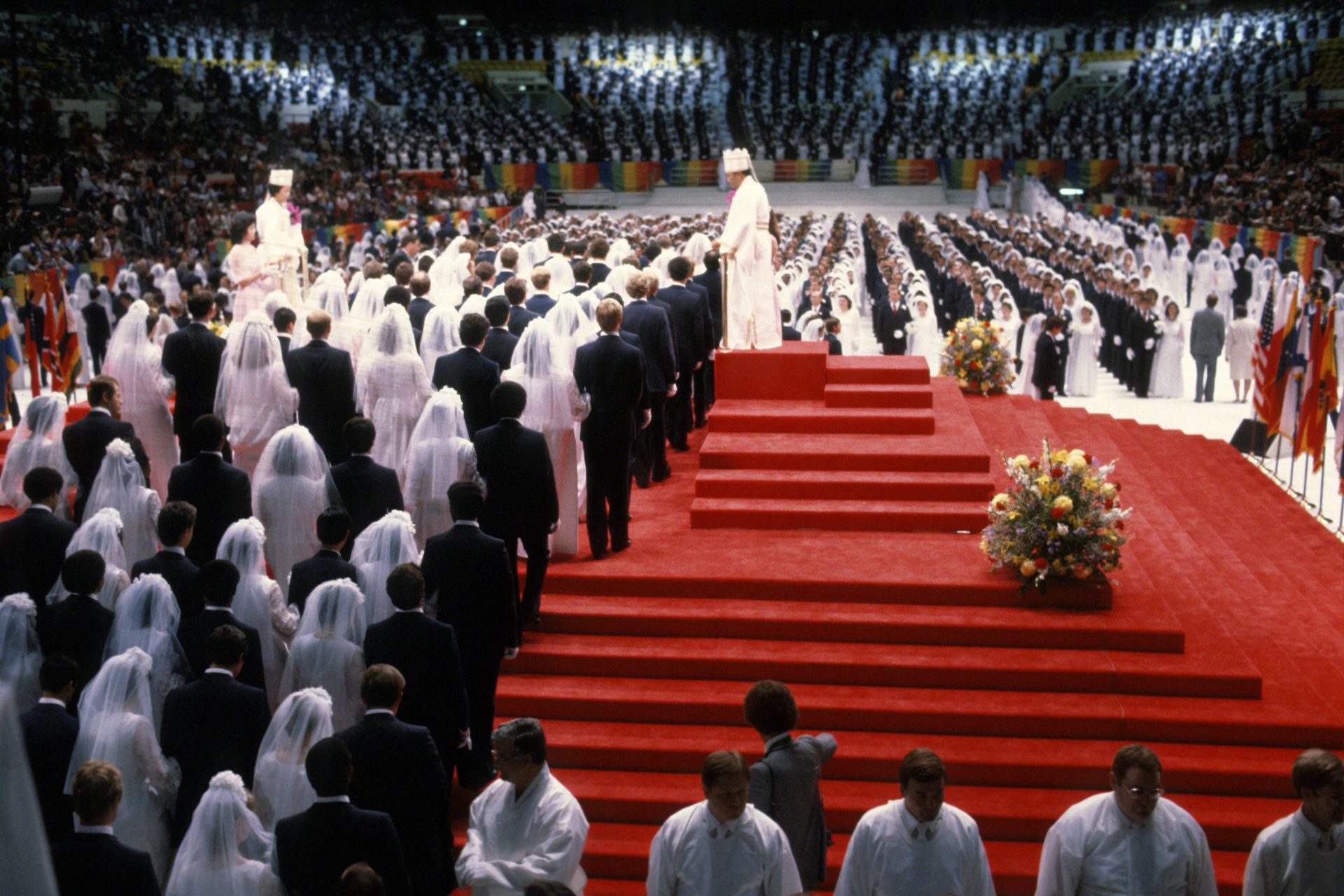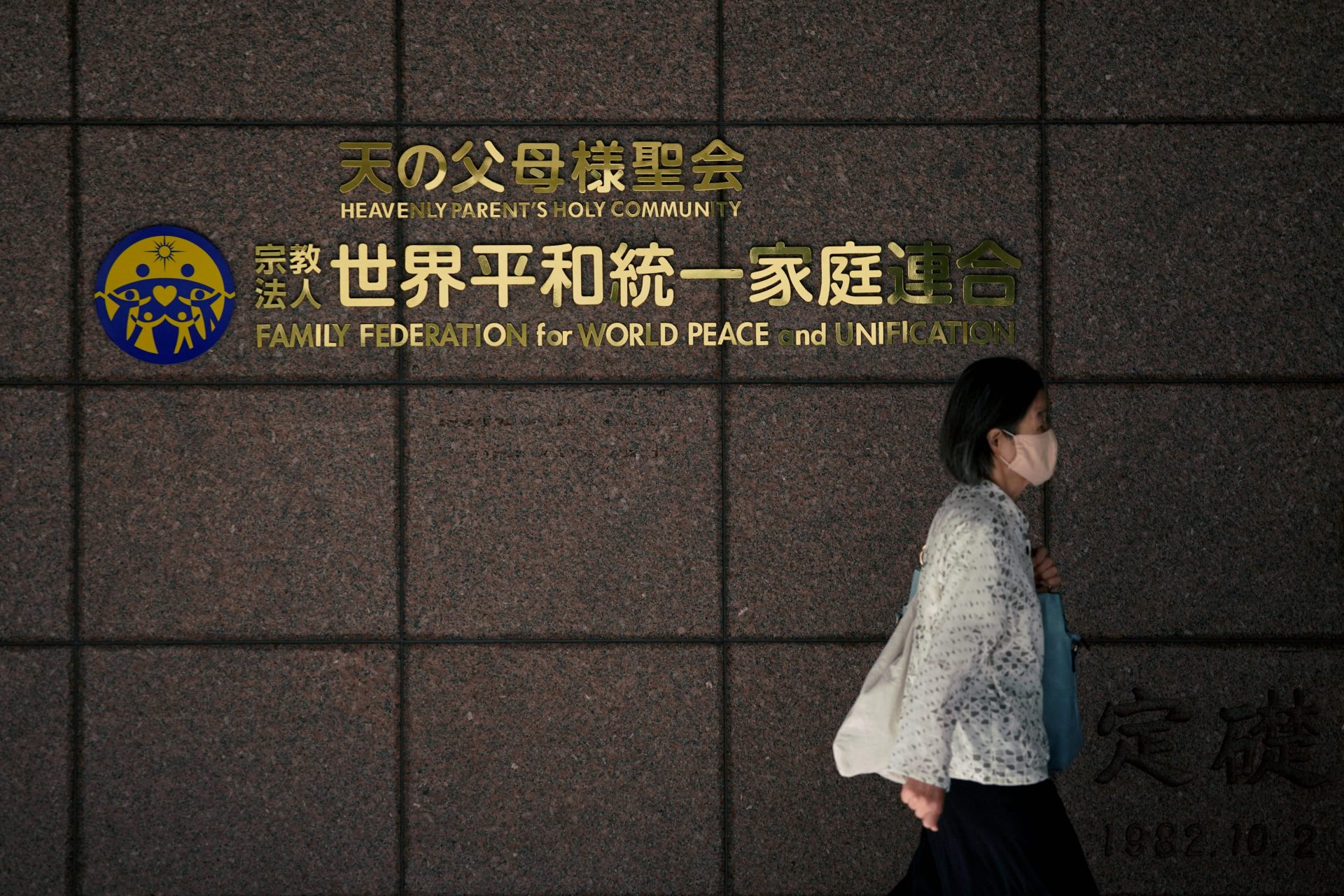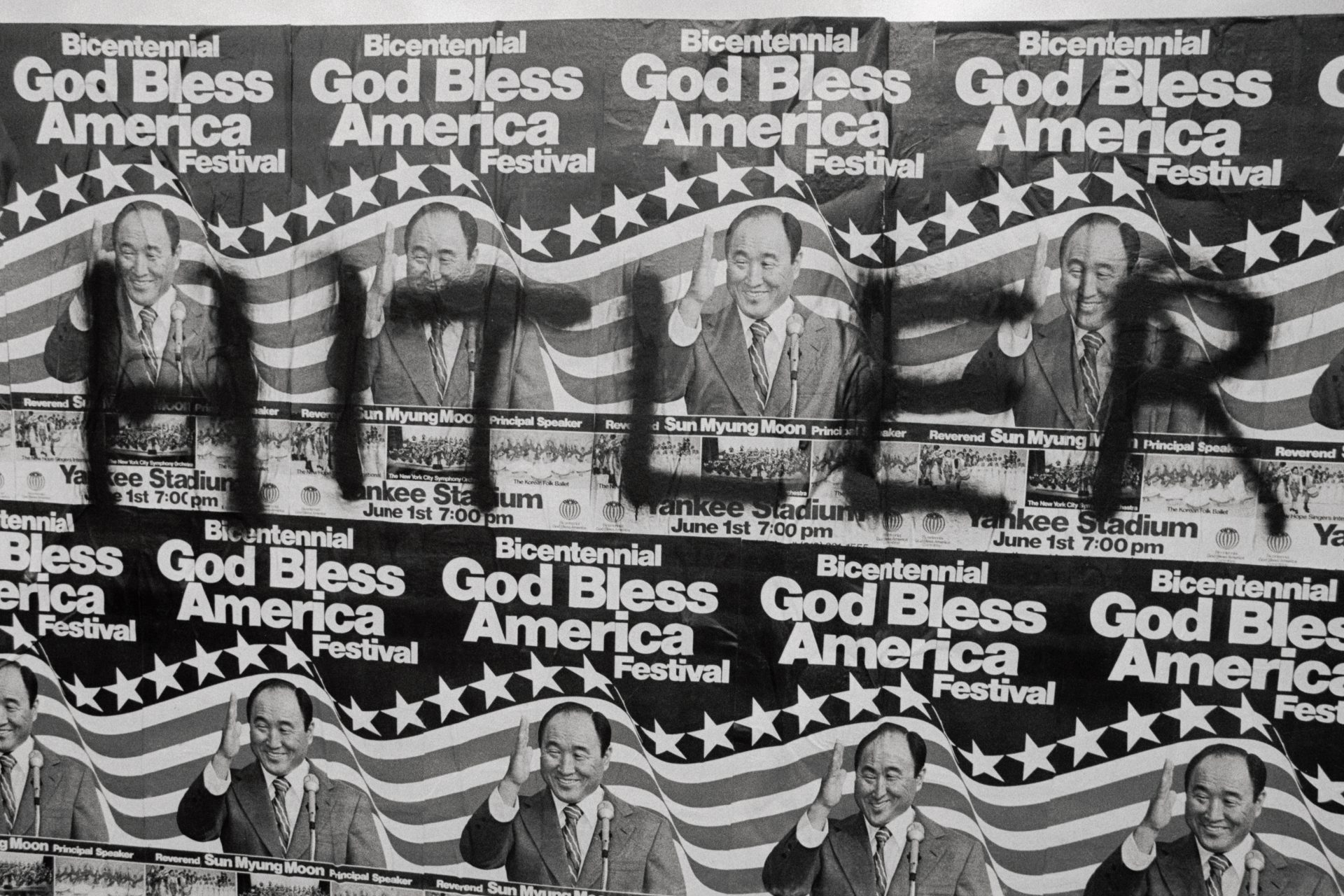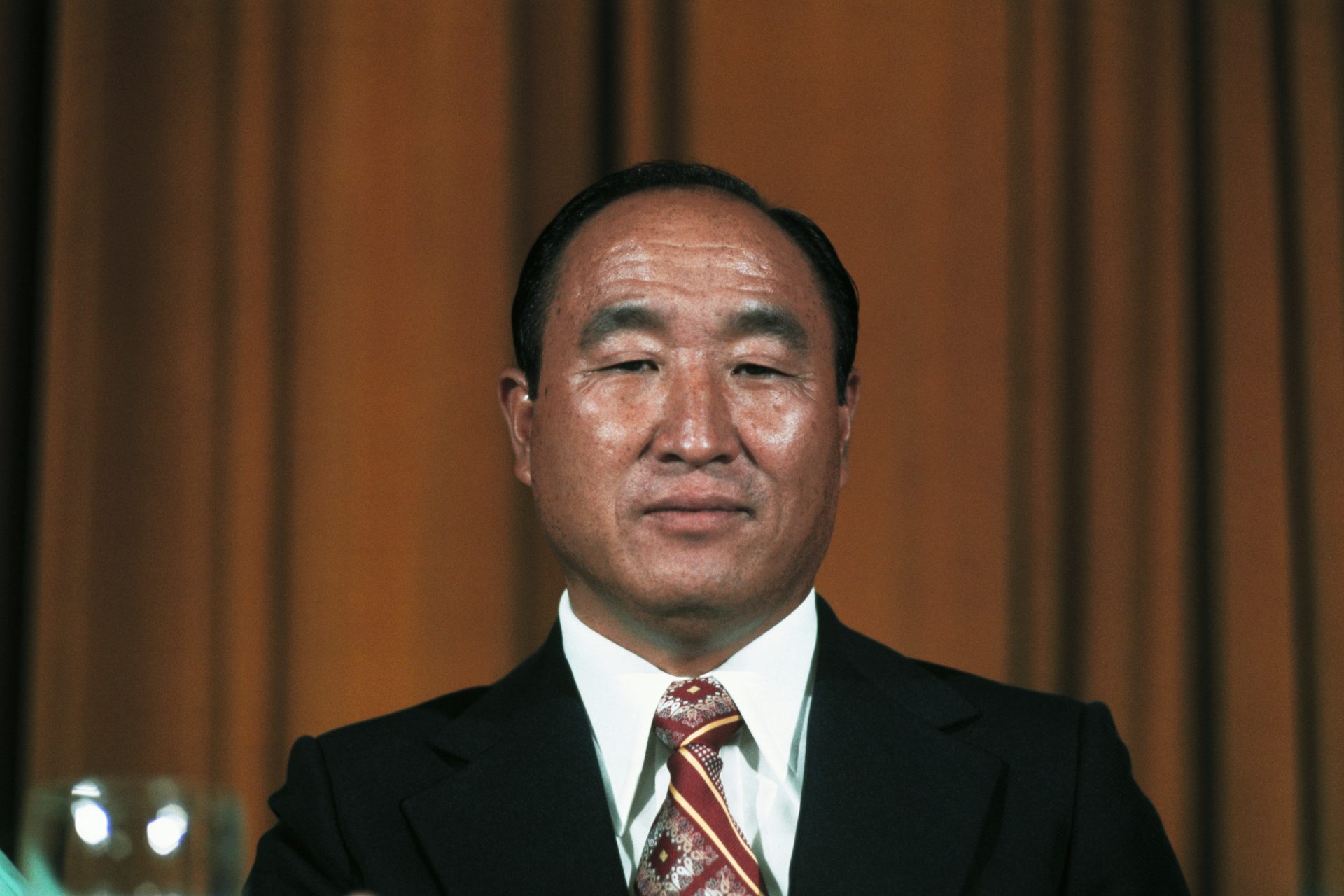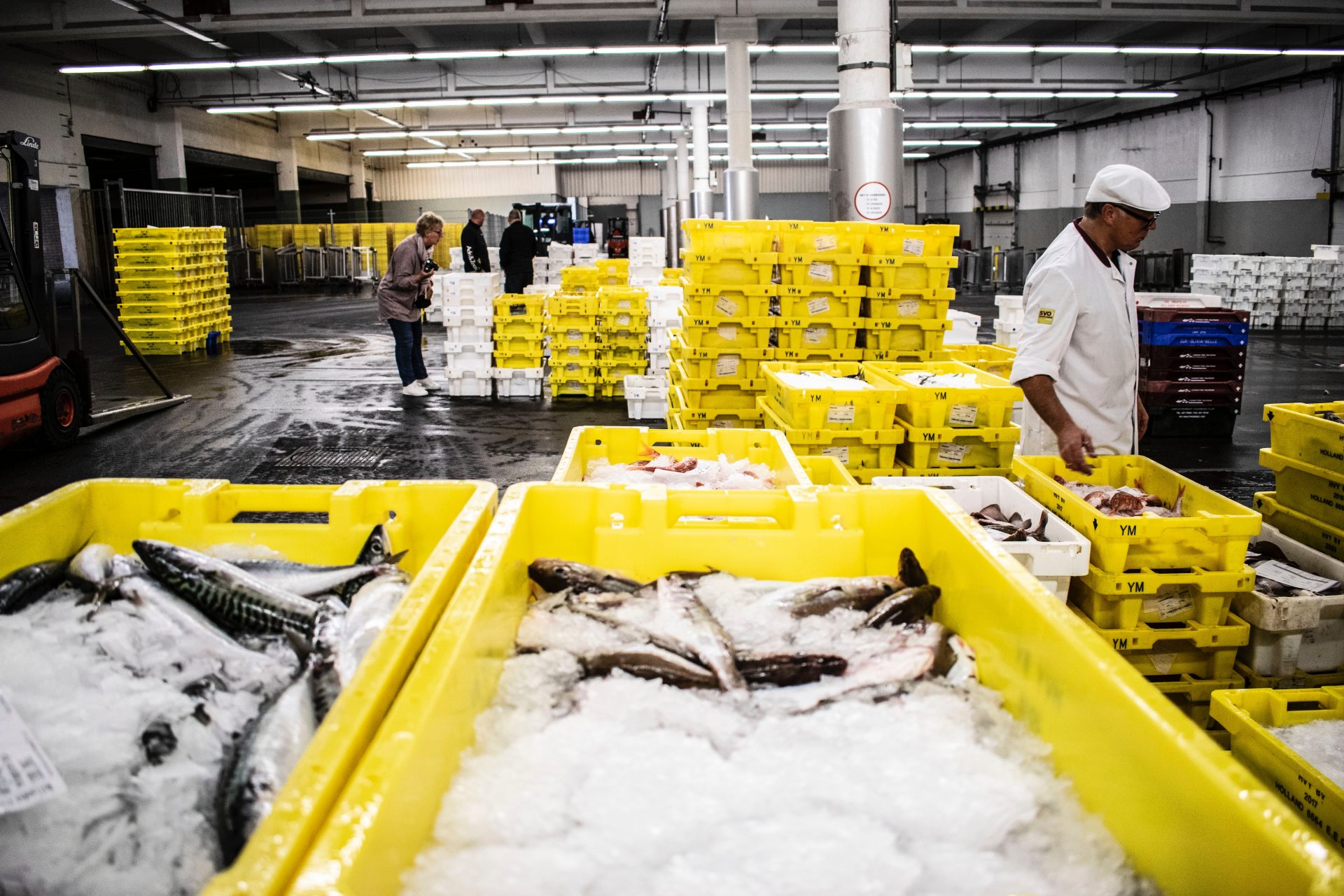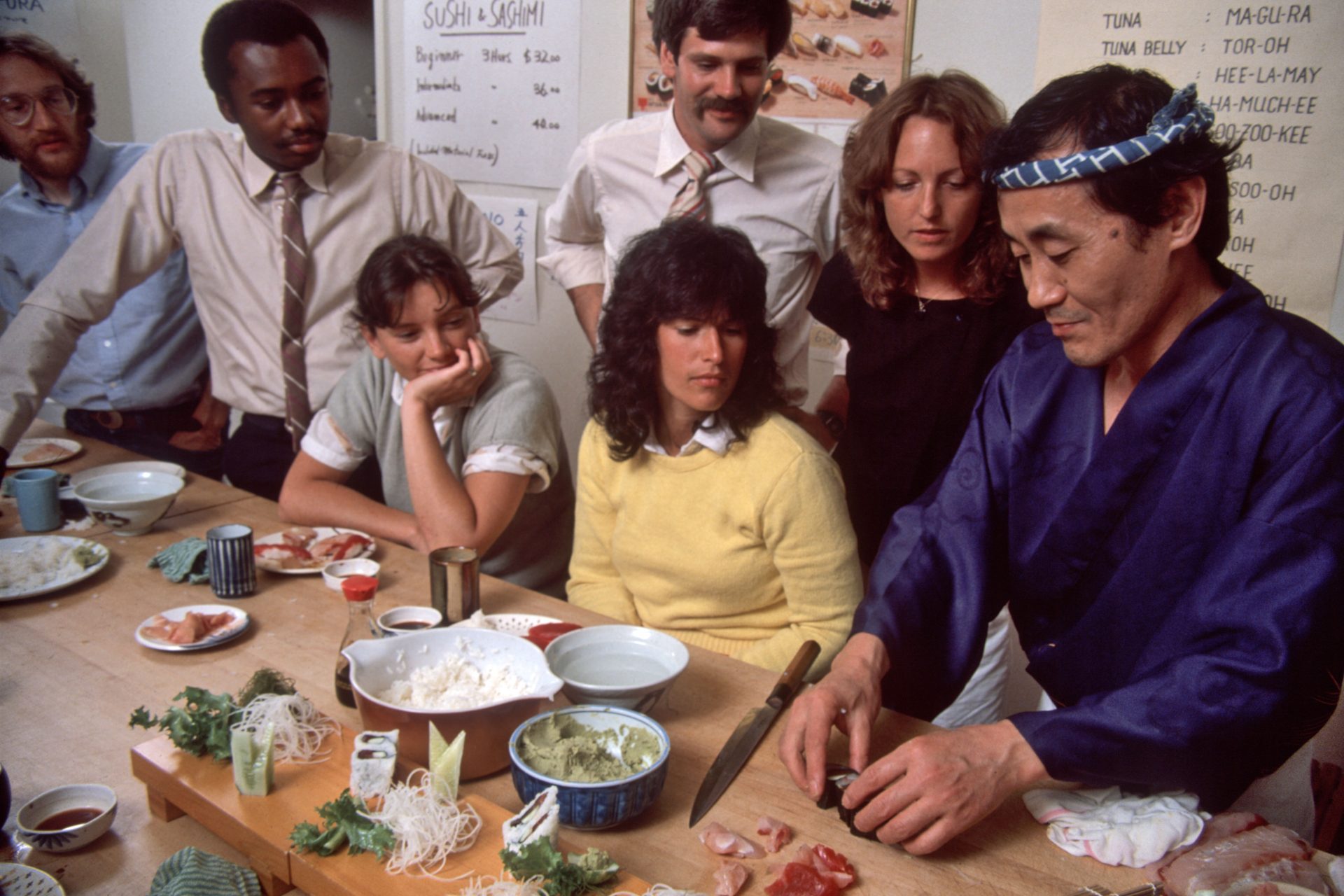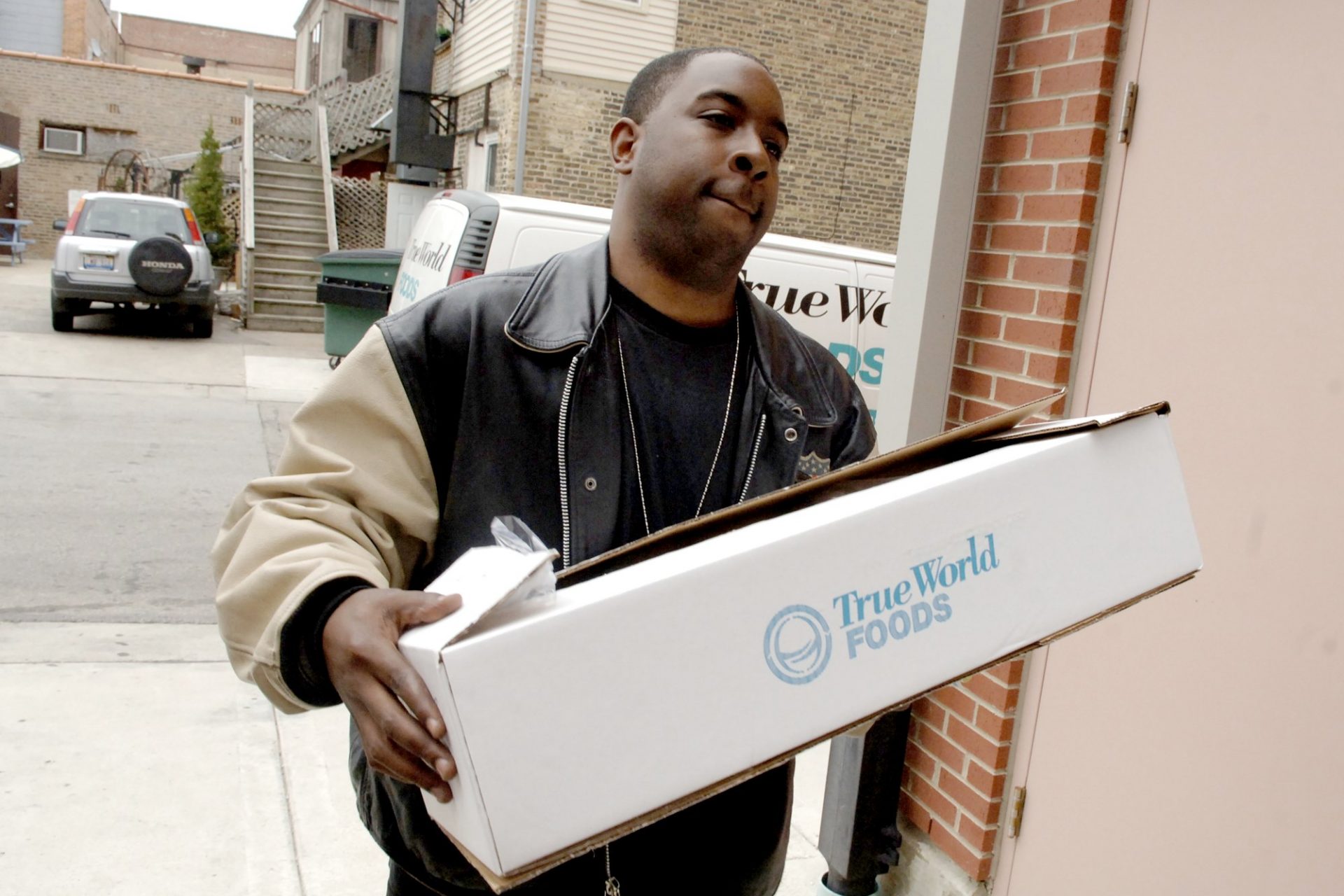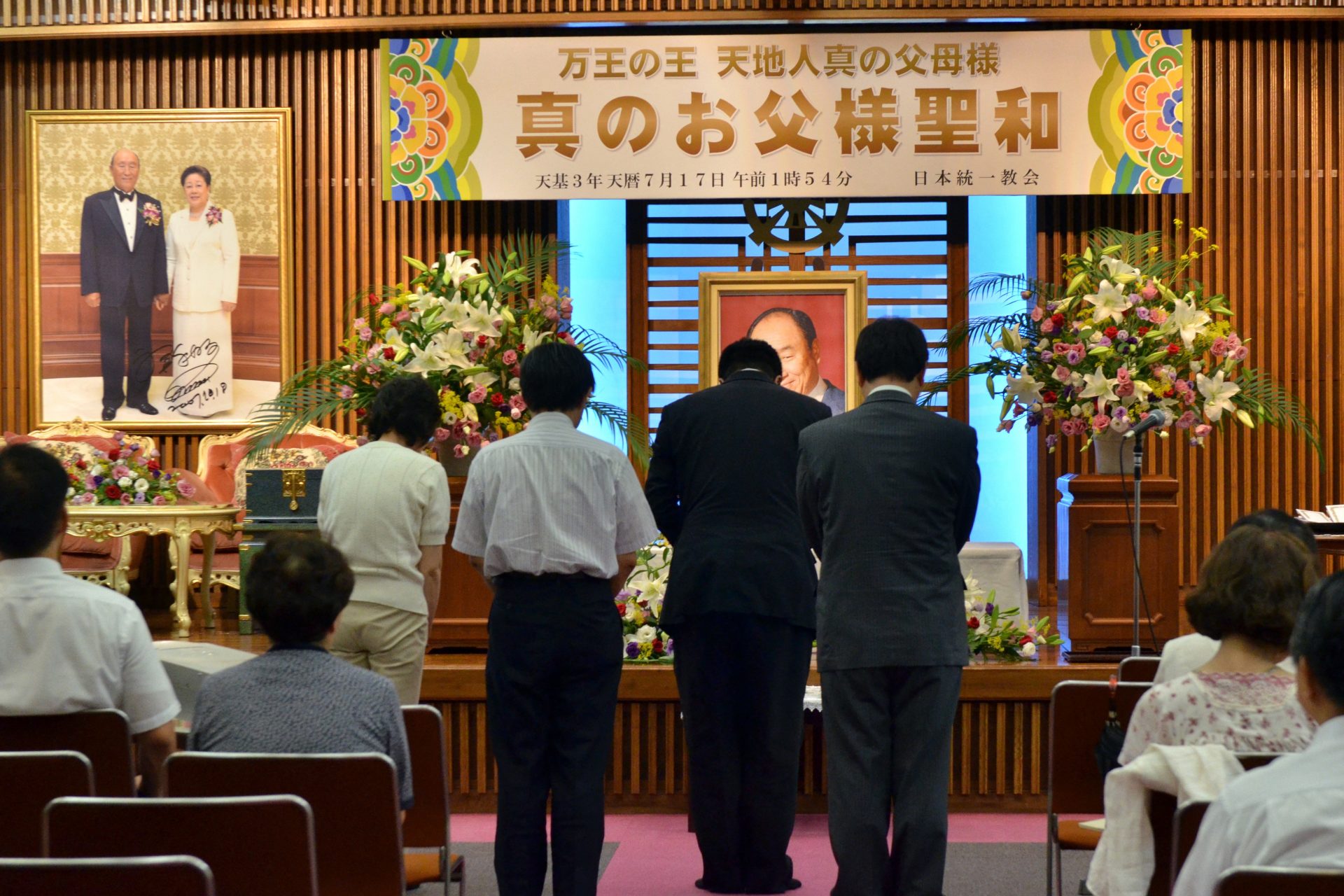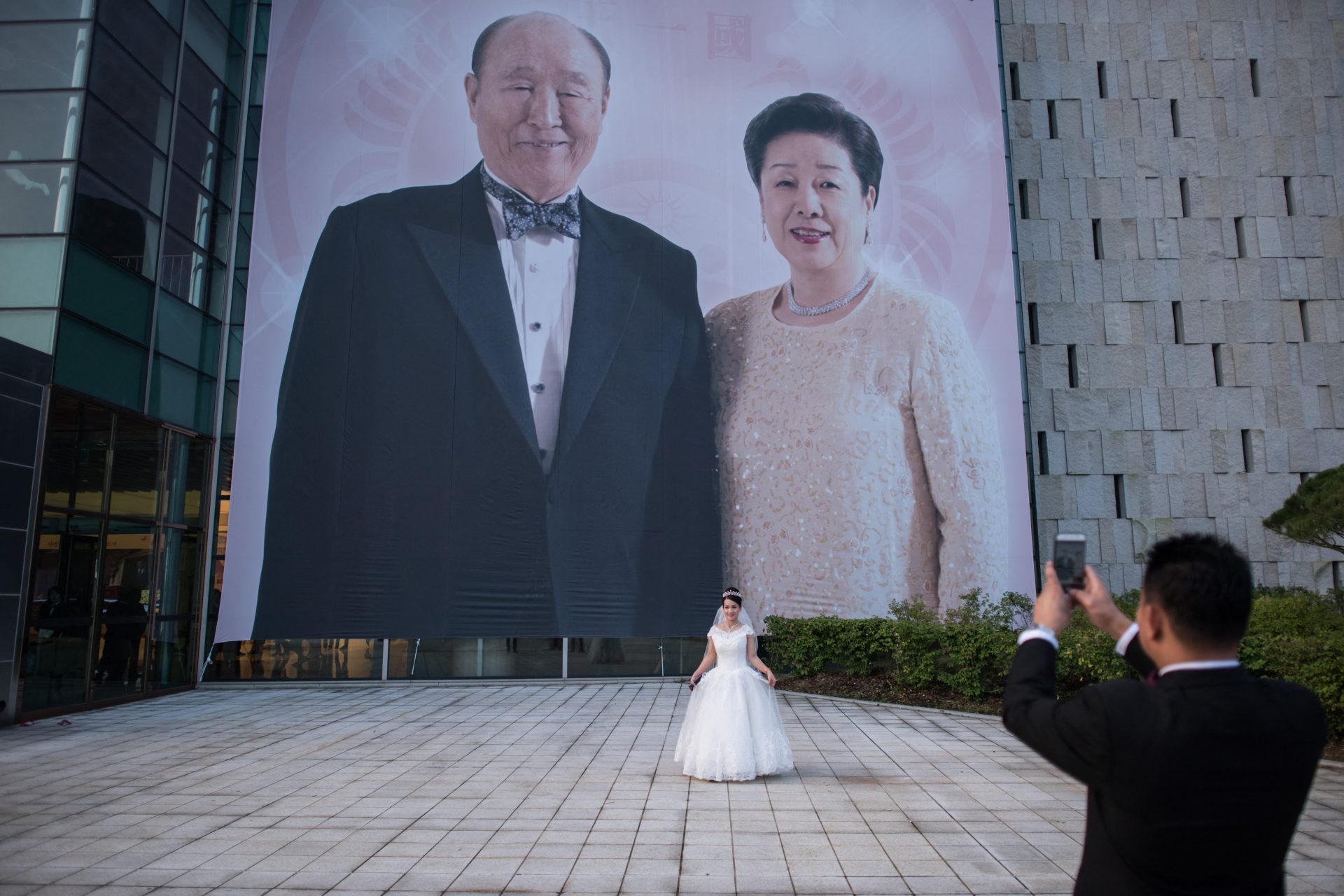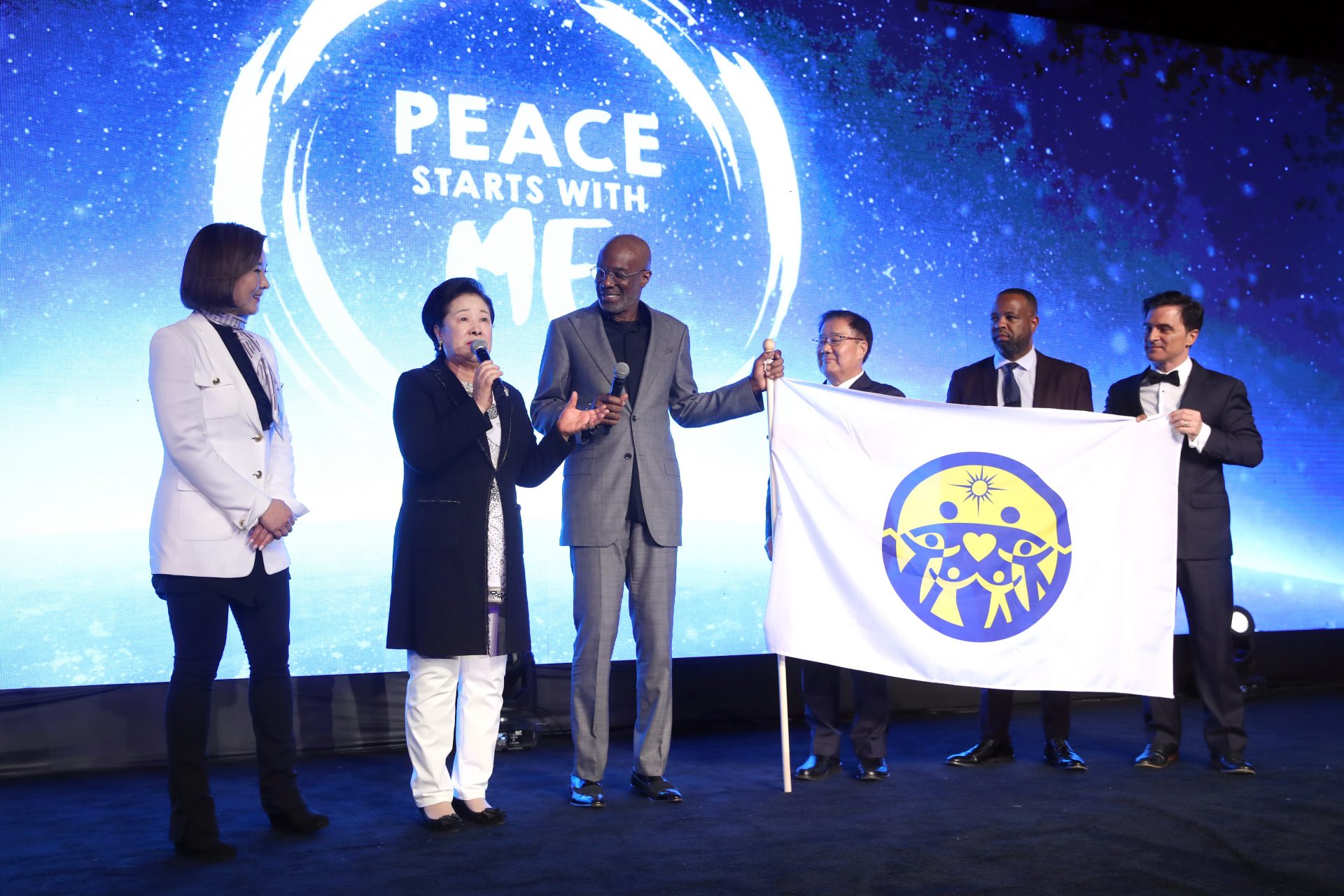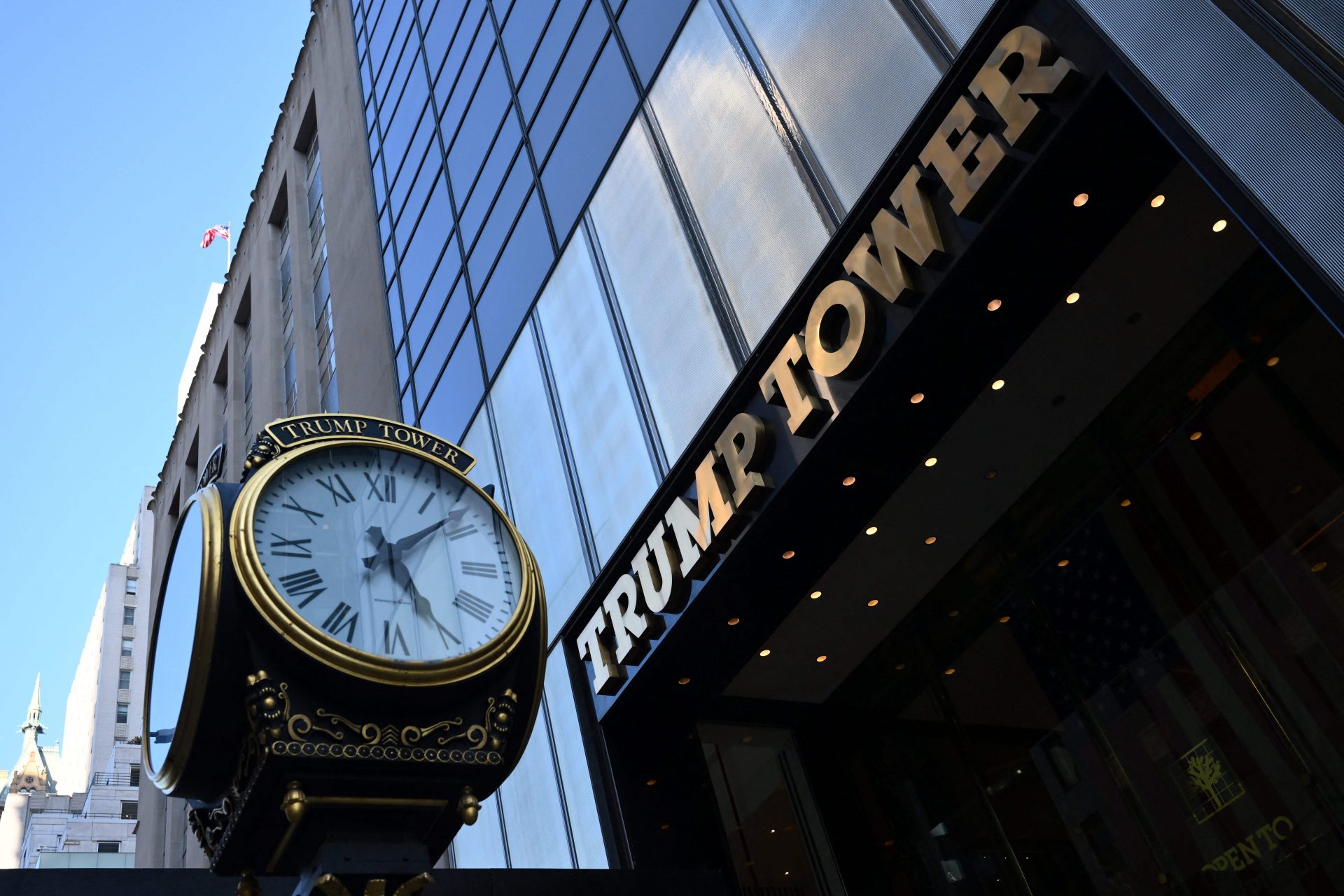A Korean church once had a monopoly on sushi in America
From trendy, upscale restaurants to the fridge of your local supermarket, sushi is a Japanese meal that went from an obscure dish to a global phenomenon. Have you ever wondered how that happened?
A few decades ago, eating raw fish rolled up in rice would have sounded unthinkable in the United States. Nonetheless, sushi took over America and the rest of the world by surprise. But what's the curious story behind it?
Sushi, along with pizza and tacos, is one of the few iconic national food items to make it big around the globe.
However, believe it or not, it was thanks to a religious cult that sushi became hugely popular, first in America and then the rest of the world.
The BBC explains that, while sushi has existed in Japan for centuries, it really started to take off in the United States in California in the 1970s.
Around this time, a man by the name of Sun Myung Moon was seeking to move from South Korea to the United States.
Reverend Moon was the founder of the Unification Church. Described by some as a cult, among its tenets is the belief that Moon came to Earth to finish the work of Christ and save humanity.
The Unification Church had its heyday in the 1970s and 1980s, mostly widely remembered by their mass weddings, such as the one pictured here in Madison Square Garden, in New York City.
Moon and his followers also had some business acumen, to support themselves and the Unification Church. Although Moon himself was Korean, many of his most prominent followers in the United States were Japanese.
Moon, the BBC highlights, was obsessed with fish and fishing and wanted to promote the habit of eating fresh fish in the United States and the world, thinking it could save humanity.
According to The New York Times, Moon gave a sermon in the New York City headquarters of the church in 1980 called “The Way of Tuna”, calling his followers to spread sushi across the United States.
“I have the entire system worked out, starting with boat building,” Moon said to his followers, as quoted by the Chicago Tribune. “After we build the boats, we catch the fish and process them for the market, and then have a distribution network”.
One of the church members who listened the sermon was Japanese immigrant Takeshi Yashiro, who would then start and lead True World Foods with other church members.
Image: @pauleinerhand / Unsplash
It couldn’t have had better timing. 1980s America was obsessed with Japan, which was seen as a modern, exotic, and somewhat futuristic nation, a land of small electronics and ancient samurais.
Sushi became popular among the yuppie professional elite in Reagan Era America, and soon it trickled down to the middle and lower classes.
US fisheries were not prepared for such dietary change across the United States. However, Moon’s followers had the network, the workers, and the seafood everyone was craving.
Since then, the Unification Church-controlled True World Foods has a major share of the sushi market in the United States and abroad. In the past, the Church has denied being connected to the company.
What is true is that The Chicago Tribune describes the company as employing hundreds of people from Alaska to Massachusetts.
Image: @ph_an_tom / Unsplash
The New York Times describes True World Foods as America’s only nationwide fresh fish conglomerate, with branches in 17 US states, plus Canada, the UK, Japan, South Korea and Spain.
Image: @georgeiermann / Unsplash
In some US cities, True World Foods reportedly supplies 70 to 80% of sushi restaurants.
Moon was convicted in 1982 for filing false federal income tax returns and conspiracy, the Unification Church suffered a decline in the late 1980s and 1990s. The reverend passed away in 2012.
According to The New York Times, during a sermon In Jin Moon, one of the children of the founder of the Unification Church, affirmed that her father had changed the world.
The younger Moon stated that when her father started out True World Foods, nobody knew what sushi was. “My father’s work is already in their body”, she concluded.
More for you
Top Stories




